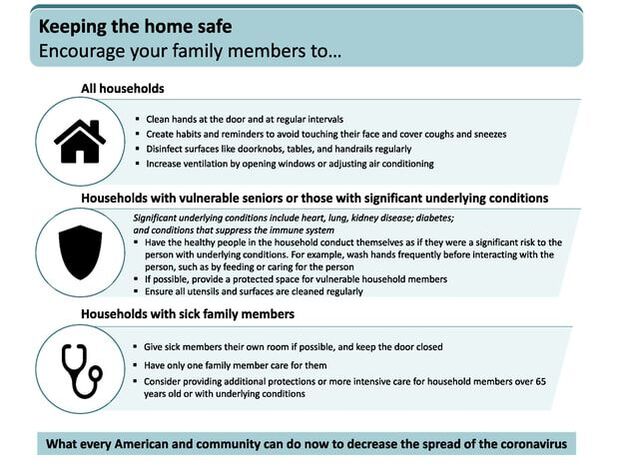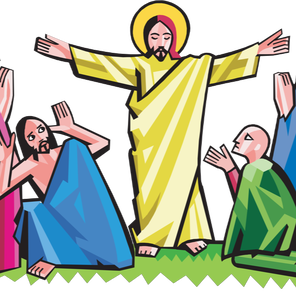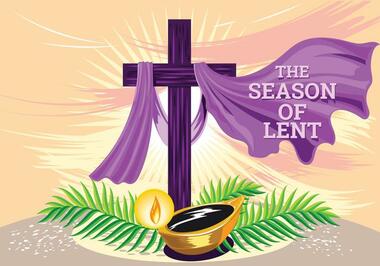I know there is great concern about the current coronavirus (Covid-19) situation. We are doing our best to monitor it and keep informed from the CDC and the Florida UMC conference office. I want to share the web link to the Center for Disease Control for updates: https://www.cdc.gov/coronavirus/2019-nCoV/index.html.
At this time, we will continue to have worship and Sunday School, however, if you have a fever, cough, shortness of breath or any other unusual symptoms please stay home and check with a medical professional. If you become sick and need assistance please let us know how we can assist you.
This is not a time to panic but a time to live with an abundance of caution and follow the guidelines we have all received from the CDC. I encourage you to wash your hands with soap and water frequently as we have been directed.
As your pastor I cannot provide medical advice or direction but I do urge you to follow the CDC updates and continue to do the things they have and will suggest to be safe.
Blessings
At this time, we will continue to have worship and Sunday School, however, if you have a fever, cough, shortness of breath or any other unusual symptoms please stay home and check with a medical professional. If you become sick and need assistance please let us know how we can assist you.
This is not a time to panic but a time to live with an abundance of caution and follow the guidelines we have all received from the CDC. I encourage you to wash your hands with soap and water frequently as we have been directed.
As your pastor I cannot provide medical advice or direction but I do urge you to follow the CDC updates and continue to do the things they have and will suggest to be safe.
Blessings









 RSS Feed
RSS Feed